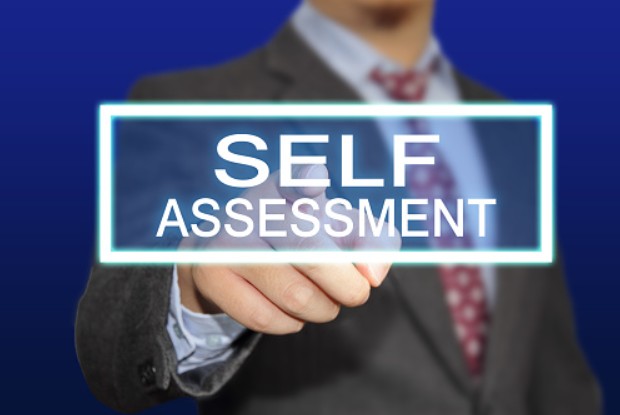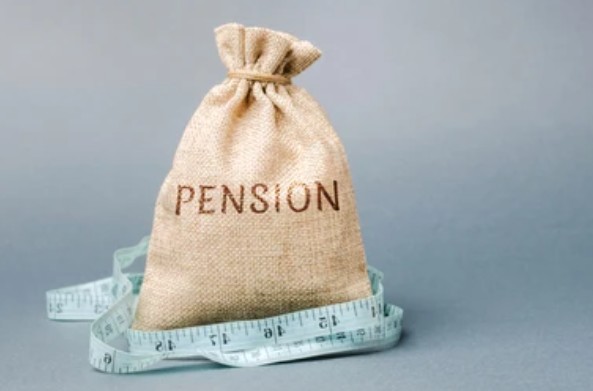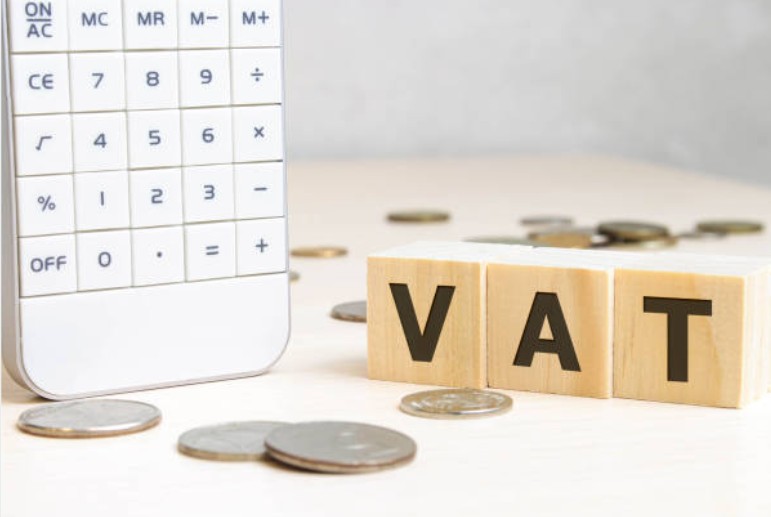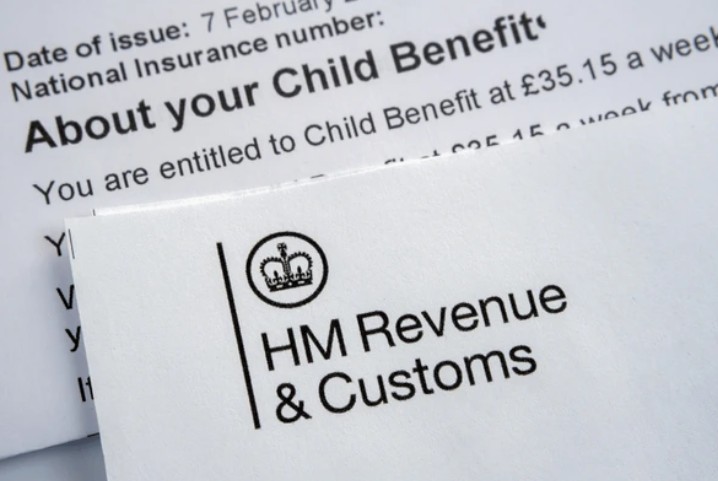HMRC (Her Majesty’s Revenue and Customs)is the UK government department that collects taxes, pays some benefits, enforces tax laws, and ensures compliance with national tax regulations. HMRC manages income tax, VAT, National Insurance, and corporation tax.
Whether you’re self-employed or run a business, you submit tax returns, manage payroll, and stay compliant. It also issues tax codes, investigates fraud, and provides tax relief or payment plans, helping keep the UK tax system running smoothly.
HMRC’s Role and Responsibilities
HMRC is responsible for collecting taxes, paying some benefits, enforcing tax laws, and ensuring compliance to fund UK public services and government spending.
HMRC, short for His Majesty’s Revenue and Customs, plays a vital role in managing the UK’s tax system. From collecting Income Tax and National Insurance to tackling tax evasion and managing VAT, its job is to make sure everyone pays what they owe—and receives what they’re entitled to.
While HMRC might seem distant to many, its work affects every working adult, business, and pensioner in the country. From filing your Self Assessment tax return to receiving a savings income letter, HMRC is involved in nearly every part of your financial life.
How HMRC Manages Taxes?
HMRC is responsible for administering a wide range of taxes, including income tax, capital gains tax, corporation tax, inheritance tax, environmental levies, and VAT (Value Added Tax).
It ensures that the UK government has the funds needed to operate schools, hospitals, infrastructure, and public services. HMRC also enforces compliance, conducts investigations into tax evasion, and issues penalties where necessary.
What Taxes Does HMRC Collect?
HMRC collects Income Tax, National Insurance, VAT, Corporation Tax, Capital Gains Tax, Inheritance Tax, Stamp Duty, and Excise Duties across the UK.
Income Tax – Applied to earnings from employment, pensions, and self-employment. The amount you pay depends on your earnings and the tax band you fall into.
National Insurance – Paid by employees, employers, and the self-employed. It helps fund the NHS, State Pension, and other social security benefits.
VAT (Value Added Tax) – A tax added to most goods and services sold in the UK. The standard rate is 20%, but some items have reduced or zero rates.
Corporation Tax – Paid by limited companies and other organisations on their taxable profits. The current UK rate depends on how much profit the company makes.
Capital Gains Tax – Charged when you sell an asset like shares, property, or valuables for more than you paid. You may get a tax-free allowance before it applies.
Inheritance Tax – Paid on estates valued over a certain threshold when someone dies. Some assets may be exempt or passed on tax-free between spouses or civil partners.
Stamp Duty – A tax you pay when buying property or land above a certain price in England and Northern Ireland. Different rates apply based on property value.
Excise Duties – Taxes on specific goods such as alcohol, tobacco, and fuel. These are often included in the price and help discourage overconsumption.
What Is HMRC Self-Assessment?
HMRC Self-Assessment is a system used to report income, expenses, and tax owed. It’s how self-employed and others declare earnings to HMRC yearly.
Who Must File and How to Submit a Tax Return?
You must file a Self-Assessment tax return if you’re self-employed, a sole trader, a company director, earn rental income, or have untaxed income like dividends or freelance work. Business partners and those earning over £100,000 must also file.
To get started, register with HMRC by 5 October after the tax year ends. Then log in to your HMRC account to file online.
Have your income, expenses, and tax relief details ready. HMRC will guide you through the process and show how much you owe or if you’re due a refund.

Deadlines and Penalties
The key deadline for filing your online Self-Assessment tax return is 31 January following the end of the tax year.
Paper returns are due earlier, by 31 October. Payments are also due by 31 January, with a second instalment (if required) on 31 July. Missing these deadlines can lead to automatic penalties:
- £100 fine for filing even one day late
- More fines if over 3 months late
- Interest added on late payments
To avoid charges, file early, pay on time, and keep your records up to date.
HMRC and Savings Rule
HMRC Savings Account Tax Letters
If you’ve received a letter from HMRC about savings interest, it means your bank or building society reported how much interest you earned. HMRC believes you may have gone over your tax-free allowance and could owe tax as a result.
HMRC Savings Warning Letters
These letters are sent when your savings interest goes above the Personal Savings Allowance (£1,000 for basic rate taxpayers, £500 for higher rate). HMRC may ask you to pay tax, update your tax code, or check your previous self-assessment.
Do You Pay Tax on Savings?
Yes—but only if the interest you earn goes over your allowance. HMRC uses figures reported by banks to check if you owe anything. If you do, they’ll either adjust your tax code or ask you to pay directly.
Pension Tax Demands from HMRC
Pension tax demands from HMRC arise if you go over the annual or lifetime allowance—check your pension growth to avoid unexpected HMRC pension tax charges.
Why Are Pensioners Receiving Tax Bills?
Pensioners are receiving tax bills due to changes in tax codes, frozen thresholds, and rising state or private pension income pushing them over limits.
With the personal allowance frozen, small increases in retirement income from state pension, private pension, or savings can trigger income tax.
HMRC adjusts tax codes to recover underpaid tax, often through PAYE, reducing take-home pension payments. Many are caught off guard, so it’s vital to check your tax code, track all income sources, and seek advice if needed to avoid unexpected tax bills.

Emergency Tax on Pension Withdrawals
Emergency tax on pension withdrawals is when HMRC uses a temporary tax code, often overcharging until your correct tax rate is applied or refunded later.
This usually happens if it’s your first withdrawal or you’re taking a one-off lump sum from your pension pot. HMRC applies a temporary PAYE tax code, which may not reflect your actual earnings or tax-free allowance. As a result, you might pay more tax than you owe.
The good news is, if you’ve overpaid, you can claim a refund from HMRC—either automatically through your tax return or by submitting the right form, like P55 or P53Z.
To avoid emergency tax, consider making a small withdrawal first to trigger the correct tax code, especially if you’re accessing a defined-contribution pension.
Can You Get a Refund?
Yes, you can get a refund if you meet the return policy terms—keep the receipt, return in time, and ensure the item is unused or in original condition.
Claim a Tax Refund from HMRC
You can claim a tax refund from HMRC if you overpaid tax. Use your Personal Tax Account or fill in the R40 form online for quick and easy processing.
When Are You Eligible?
A tax refund is due if there was an overpayment through PAYE, you left a job, paid for work-related expenses, or your tax code was wrong during the year. You may also be eligible if you worked part of the year, switched to part-time, or had multiple jobs that taxed you too much overall.
How to Claim?
You can claim a refund online through your HMRC Personal Tax Account—this is the fastest and easiest method.
If you prefer, you can also call HMRC or send a written request by post with your name, National Insurance number, employer details, and earnings. If you’re claiming work expenses like uniforms, mileage, or tools, you may need to submit a P87 form.
Tracking Refunds
Online claims are usually processed within 5 working days. Postal or phone claims may take a few weeks, depending on the volume and whether HMRC needs extra information.
Once processed, refunds are paid directly to your bank or sent by cheque.
How HMRC Handles VAT?
VAT is handled by HMRC, which registers businesses, collects VAT returns, processes payments or refunds, and checks if VAT law was correctly followed.
What Is VAT?
VAT is a consumption tax added to goods and services in the UK. It’s charged at each stage of sale and is included in the price paid by the end consumer.
Businesses registered for VAT collect this tax on behalf of HMRC and must keep detailed records to report their VAT transactions accurately.
Understanding how VAT works helps businesses price their products correctly and ensures compliance with UK tax laws.

Making Tax Digital (MTD)
Making Tax Digital (MTD) is a UK government initiative requiring businesses to keep digital records and submit VAT returns online for accuracy and ease. This system reduces errors and speeds up the reporting process by using HMRC-approved software.
Businesses above the VAT threshold need to comply with MTD, which helps create a more transparent and efficient tax system, benefiting both businesses and HMRC.
Filing VAT Returns
Filing VAT returns is submitting your sales and purchases to HMRC, showing how much VAT you owe or reclaim for a set period, usually quarterly.
It’s important to file returns on time to avoid penalties and ensure your business stays compliant. Most businesses use accounting software compatible with MTD to submit returns digitally.
Keeping accurate records throughout the VAT period makes filing easier and helps you track your VAT payments and refunds.
How to Contact HMRC?
You can contact HMRC by phone, online via your personal tax account, by post, or visit an HMRC office for help with taxes, benefits, and other queries.
Phone Support
HMRC has dedicated helplines for Self Assessment, VAT, PAYE, pensions, and more. The best times to call are early weekday mornings to avoid busy lines.
Online Services
Your Personal Tax Account lets you manage taxes, check refunds, update details, and securely message HMRC anytime.
What to Prepare Before Contacting HMRC?
Make sure you have your National Insurance number, UTR (Unique Taxpayer Reference), and any relevant documents handy to speed up your query.
By Post or In Person
You can also write to HMRC or visit a local HMRC office for support, but phone and online are usually faster for most queries.
What to Know About HMRC Notices and Investigations?
HMRC notices alert you to issues with your tax; investigations check for errors or fraud. Respond quickly to avoid fines and resolve matters smoothly.
What Causes an HMRC Investigation?
HMRC investigations are caused by errors, late filings, suspicious claims, undeclared income, unusual expenses, or inconsistencies in your tax returns.
They may also arise from random checks, whistleblower tips, or if your business activity seems out of line with industry norms.
HMRC looks for signs of tax evasion, incorrect VAT returns, or failure to report all earnings. Staying organized and honest with records helps avoid problems.
If contacted, responding quickly and providing clear evidence can make the process smoother and reduce penalties or fines.
Common Notices and Letters
Nudge letters are sent by HMRC to gently encourage you to review and update your tax affairs if something seems off.
Tax calculation notices outline the amount of tax you owe or any refund due based on your submitted returns.
Compliance checks involve more detailed reviews, such as audits or requests for additional documents, to ensure your tax records are accurate and complete.
These letters are part of HMRC’s process to keep tax affairs transparent and correct, so it’s important to respond promptly and provide the information requested.
HMRC ensures the UK government runs smoothly by managing taxes, pensions, and savings. Understanding HMRC helps you stay compliant, avoid fines, and manage finances confidently.
FAQS
Who needs to do a self-assessment?
If you’re self-employed, earn untaxed income, or have high savings interest, you may need to file.
Why did I get a savings letter from HMRC?
It means your savings interest may have exceeded your tax-free allowance.
Do I pay tax on savings?
Only if you earn over £1,000 (basic rate), or £500 (higher rate) in interest per year.
Why is HMRC taxing my pension?
You may have been given the wrong tax code or taken a lump sum that triggered emergency tax.
Can I claim a pension tax refund?
Yes, using forms like P55 or through your Personal Tax Account.






